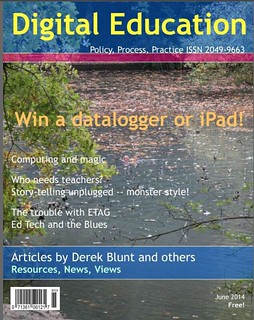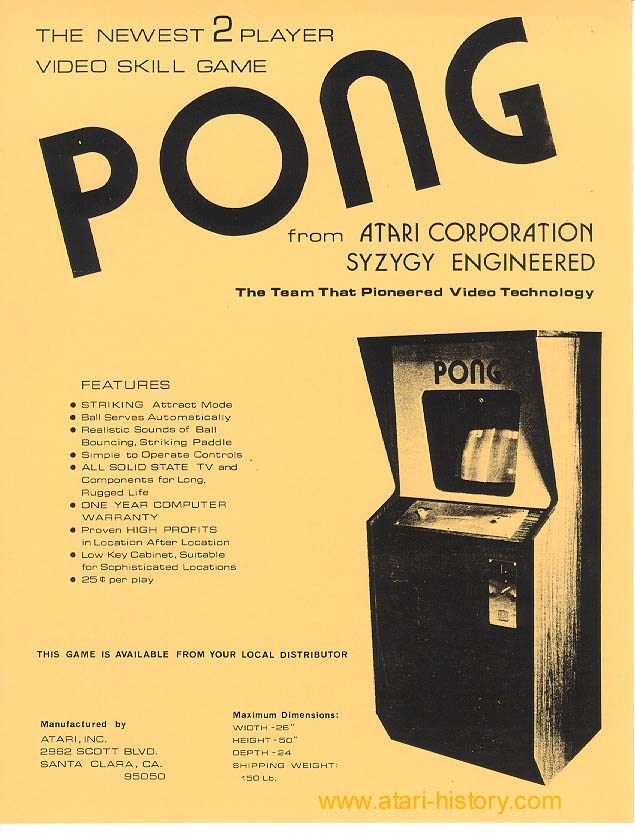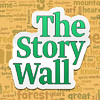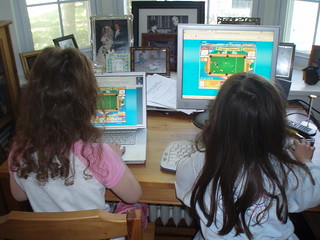
The latest edition of Digital Education is bursting at the seems. There is, I hope, something for everybody. As well as news and commentary, there are lists of resources, evaluated. Plus, guest articles:
Professor Paul Curzon considers what programmers can learn from magicians,
Sal McKeown asks whether we really need teachers,
Crispin Weston suggests what is wrong with the Education Technology Action Group, Geoff Jones points out the dangers of some forms of data collection from parents, and Derek Blunt has a (mild) rant about the demise of the term “teaching”.
There are other articles too, plus a chance to win a Labquest datalogger, and a chance to win a break in Germany, an iPad and other goodies, free entry to an event called Digital Summer Trip, access to a growing list of very useful resources, including the collated articles about the recently-announced Department for Education assessment innovations.
The full list of contents is given below.
 Stanhope Primary School in South Shields has been using TrilbyTV as much more than a teaching aid in their school. It has been used as a tool to inspire their children to believe in themselves and the goals they want to achieve throughout life.
Stanhope Primary School in South Shields has been using TrilbyTV as much more than a teaching aid in their school. It has been used as a tool to inspire their children to believe in themselves and the goals they want to achieve throughout life.











